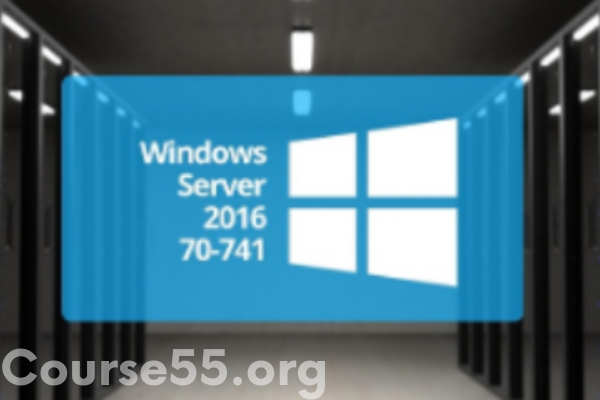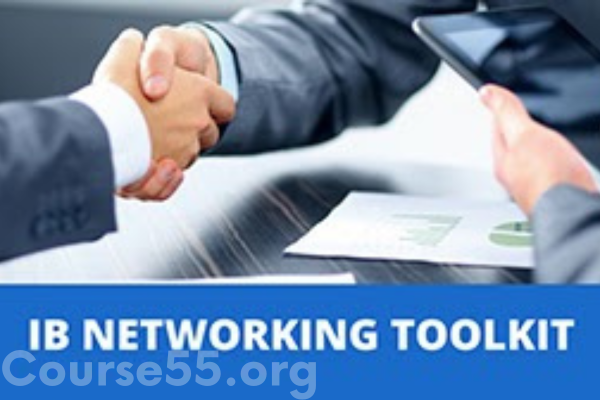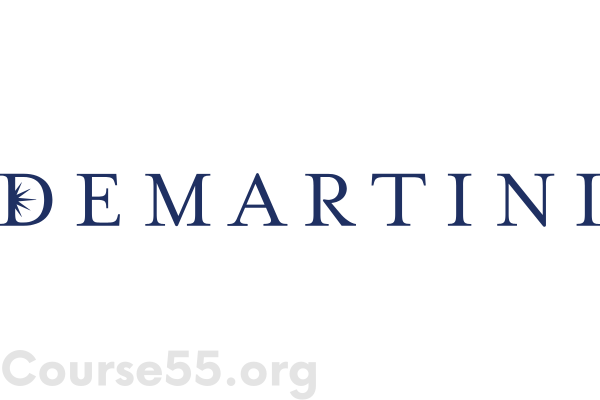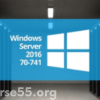-
×
 Emini SP Trading Secret Video Course
1 × $30.80
Emini SP Trading Secret Video Course
1 × $30.80
Microsoft 70-741: Networking with Windows Server 2016
$299.00 Original price was: $299.00.$30.80Current price is: $30.80.
SKU: C55org.1038901I2TKSy
Category: Download
Tags: Microsoft 70-741, Networking with Windows, Server 2016
Microsoft 70-741: Networking with Windows Server 2016 Review – Immediate Download!
Content Proof:
The Microsoft 70-741: Networking with Windows Server 2016 certification exam is a vital credential for IT professionals seeking to solidify their expertise in networking within a Windows Server 2016 framework. As a core element of the Microsoft Certified Solutions Associate (MCSA) for Windows Server 2016, this exam is tailored for system administrators and IT personnel looking to deepen their technical knowledge and confidently address networking challenges in Windows-based systems. This review explores the course structure, prerequisites, skillsets required, and preparation tips to help ensure a successful exam experience.
Exam Overview: Microsoft 70-741
This exam thoroughly assesses a wide range of networking-related topics that reflect real-world industry standards. It emphasizes candidates’ competence in deploying and managing networking features extensively within Windows Server 2016. Key areas include:
-
Core TCP/IP fundamentals
-
DNS deployment and configuration
-
Managing DHCP
-
IP Address Management (IPAM)
-
Remote access setup
-
Software-Defined Networking (SDN)
-
High availability implementation
Each section targets specific networking functions that IT professionals regularly work with. Mastering these domains not only facilitates passing the exam but also equips individuals for day-to-day networking responsibilities.
Beyond just theory, the exam emphasizes practical skills—candidates must demonstrate both foundational understanding and hands-on proficiency in configuring and troubleshooting network environments.
Understanding TCP/IP Essentials

A crucial starting point in the 70-741 exam is a solid grasp of TCP/IP principles. This portion introduces candidates to the underlying architecture and processes of TCP/IP, including subnetting and IP addressing. These core concepts are the bedrock of all networking systems, especially in a Windows Server environment.
Here’s a sample breakdown of TCP/IP elements:
| TCP/IP Component | Role |
|---|---|
| IP Addressing | Identifies devices on a network uniquely |
| Subnet Masking | Segments the network into sub-networks |
| Routing | Ensures data packets follow optimal paths |
Developing a clear understanding of these basics enables better design and troubleshooting of network segments and prepares candidates for the advanced content ahead.
DNS: Deployment and Management
DNS (Domain Name System) plays a central role in Windows network infrastructures. Proficiency in deploying and administering DNS services is essential for ensuring efficient resource identification and traffic flow.
Key concepts covered include:
-
Creating DNS records: Directs traffic and manages internal resources
-
Managing Dynamic DNS (DDNS): Automates updates to DNS entries
-
Configuring secure updates: Adds security to DNS changes
Hands-on labs and simulations reinforce these skills, helping learners diagnose and fix DNS-related issues they might face on the job.
DHCP Configuration and Management
Dynamic Host Configuration Protocol (DHCP) is pivotal for distributing IP addresses automatically. This section explores how to set up and manage DHCP services in a reliable, scalable manner.
Topics include:
- Installation and authorization of DHCP: Understanding how to set up a DHCP server properly and authorize it within the network.
- IP address scope configuration: This involves creating and managing IP address pools that devices can draw from when they connect to the network.
- Managing DHCP leases: Knowledge of lease durations and how to handle lease expirations to maintain network efficiency.
Mastery of DHCP ensures network devices can connect seamlessly and consistently, which is vital for daily operations in any organization.
IP Address Management (IPAM)
Windows Server 2016’s IPAM feature provides centralized oversight of IP address space. It simplifies the coordination between IP addressing, DNS, and DHCP services.
This module emphasizes:
Among the main learning objectives are:
- IP address usage tracking: Candidates will make use of technologies to monitor which addresses are being used and determine which resources they are linked to.
- IP allocation policies: Reducing disputes and increasing efficiency can be achieved by knowing how to establish and implement rules that control IP address usage inside a network.
Incorporating IPAM into routine tasks not only simplifies network administration but also complies with industry standards for preserving a stable IT environment.
Configuring Remote Access
With the increasing trend toward remote work, configuring remote access capabilities, such as Virtual Private Networks (VPN) and DirectAccess, is of paramount importance. This section of the Microsoft 70-741 exam equips candidates with the skills to implement secure remote network access solutions.
Candidates explore:
- VPN implementation: By understanding the various types of VPNs and their configurations, candidates can provide secure channels for remote employees to access network resources.
- DirectAccess technology: This unique approach enables administrators to provide seamless connection experiences for users while maintaining security standards.
Overall, these skills are crucial for any contemporary IT professional, as remote work is rapidly becoming the norm across many industries.
Introduction to Software-Defined Networking (SDN)
SDN introduces a modern approach to managing network resources by separating control and data planes. This segment of the course explores how to implement SDN technologies to improve flexibility and automation.
Topics include:
-
Managing virtual networks in virtualized environments
-
Automating network tasks via orchestration tools
Understanding SDN prepares candidates for managing dynamic, cloud-based, and multi-tenant networks—skills increasingly demanded by employers.
Ensuring Network High Availability
High availability strategies ensure critical services remain operational, even during component failures. The 70-741 exam highlights these fault-tolerant configurations:
-
NIC Teaming: Increases bandwidth and adds failover protection
-
Failover Clustering: Supports continuous availability for applications and services
These techniques are essential in enterprise environments where uptime is non-negotiable.
Effective Exam Preparation
Success in the Microsoft 70-741 exam hinges on strategic preparation. A well-rounded approach includes:
-
Hands-on practice: Build a lab to experiment with server configurations
-
Structured courses: Enroll in specialized online training programs for guided study
-
Peer support: Participate in Microsoft certification forums and communities for shared insights
Combining practical application with theoretical learning significantly improves retention and performance during the test.
Conclusion
The Microsoft 70-741: Networking with Windows Server 2016 exam is a comprehensive and rewarding certification for IT professionals aiming to advance their networking capabilities. From core concepts like TCP/IP to advanced systems like SDN and failover clustering, it equips learners with a robust skillset for today’s evolving IT landscape. With thorough preparation and hands-on practice, candidates can not only pass the exam but also enhance their career prospects by demonstrating real-world networking competence. Staying informed about current server technologies remains key to staying competitive in the tech industry.
Frequently Asked Questions:
Business Model Innovation: We operate a group buying strategy, allowing participants to share costs and access popular courses at reduced prices. This model benefits individuals with limited financial resources, despite concerns from content creators about distribution methods.
Legal Considerations: The legality of our operations involves complex issues. Although we don’t have explicit permission from course creators to resell their content, there are no specific resale restrictions stated at the time of purchase. This ambiguity creates an opportunity for us to provide affordable educational resources.
Quality Control: We ensure that all course materials purchased are identical to those offered directly by the creators. However, it’s important to understand that we are not official providers. As such, our offerings do not include:
– Live coaching calls or sessions with the course author.
– Access to exclusive author-controlled groups or portals.
– Membership in private forums.
– Direct email support from the author or their team.
Our goal is to make education more accessible by offering these courses independently, without the additional premium services available through official channels. We appreciate your understanding of our unique approach.
Be the first to review “Microsoft 70-741: Networking with Windows Server 2016” Cancel reply
You must be logged in to post a review.

















Reviews
There are no reviews yet.